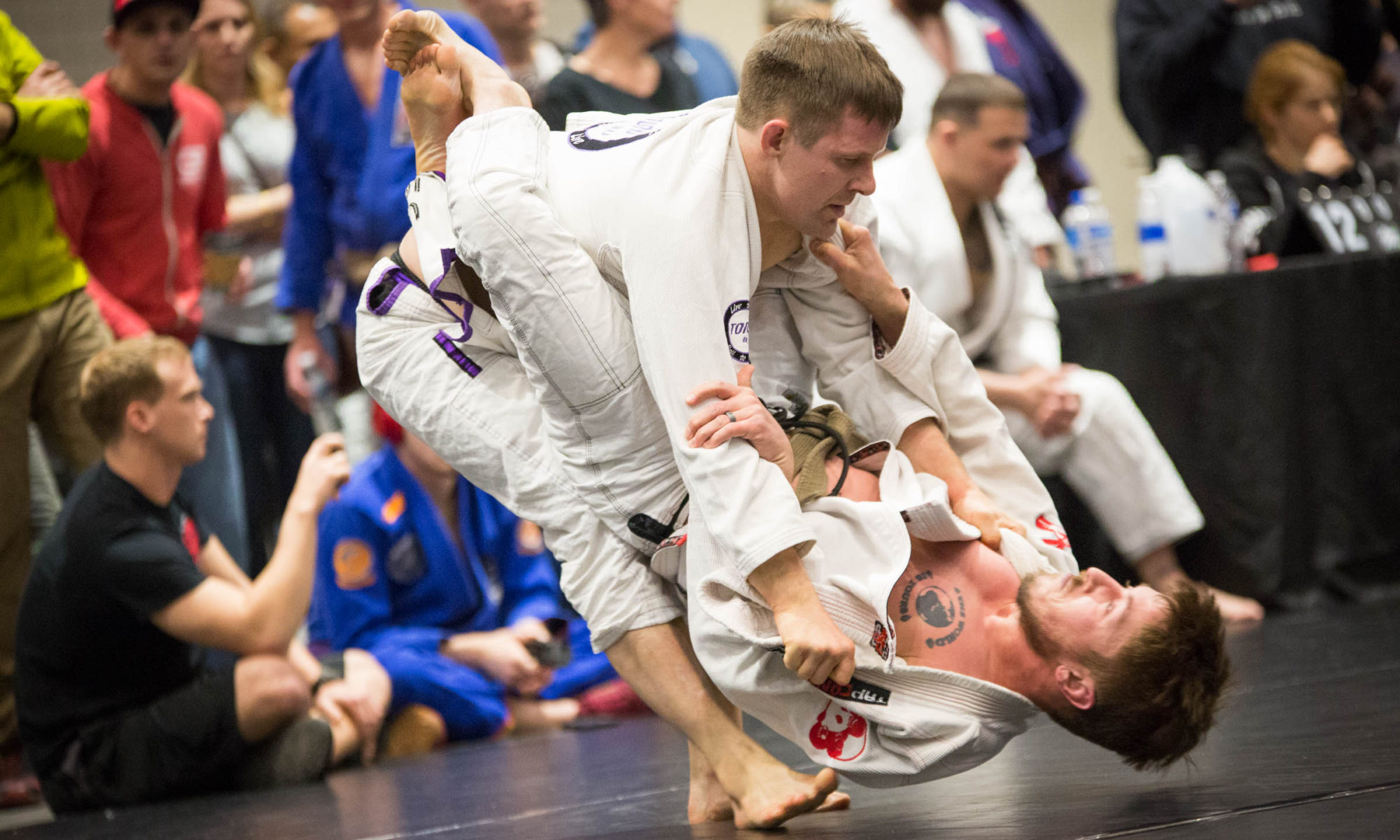When I did debate in high school, a bunch of us went to watch our best debater — a senior — compete in a final round. We were sophomores, and we watched our best guy deliver a terrific speech to win top honors. Afterward, still suffused with the glow of sweet victory, I told a teammate: “You know, I want to be that good someday.”
This particular teammate never thought much of me, so that may be why she gave me a look of scorn. It may also be that such a declaration came off as arrogant, or implausible, or some combination of all of these. Whatever it was, it was clear that she didn’t think my goal was happening, and she wanted me to know it.
Fine, I thought inside. Out loud, I said: “No, I changed my mind. I want to be better. And I’m going to be.”
***
I admit it: I’m a competitive person. I will further admit that this type of competitiveness is rooted in ego, and that this is not always my most charming trait. At 38, I certainly hope that I’m more mature about expressing these feelings than I was as a sophomore in high school. But that base impulse — You think I can’t do that? Well, we’ll you’re wrong, and I’ll prove it — remains the same.
Ego can be a mixed blessing at best — in life and in jiu-jitsu training. If your instructor is anything like mine, he or she has probably has probably told you over and over that ego is your enemy.
There are good reasons for this. Especially with something like Brazilian jiu-jitsu, where improvement is such a long-term process, conquering your ego is something you simply have to do. Humility is worth cultivating for its own sake. It also has instrumental value: being humble also allows you to be open to what your instructors — and training partners — have to teach you, in word and deed. There are lot of reasons for this, but my favorite is this: if you don’t believe you’re making mistakes, you can’t learn.
Humility is also a recipe for being much happier in life. I fundamentally believe this. As beneficial as competition can be for us, physically and mentally, an all-consuming focus on it isn’t charming. It can also undermine your long-term progress. I’ve seen a lot of people with impressive physical attributes start to rely on their strength or speed to win matches and perform well in rolls, since that’s easier at first than learning technique.
Let me make an uncomfortable admission, though. I’d be lying if I didn’t admit that a tiny kernel of ego still continues to drive my training. I like getting medals. I don’t like big, strong, new guys coming into the gym and calling me out, assuming they can beat on the little old guy. I like it when they get a nasty surprise.
This isn’t a part of my personality I’m particularly happy with, but I can acknowledge that it will always be a part of me. And contrary to what the great Annie Savoy said, the world can be a better place with a little self-awareness. Knowing our own tendencies can be the best way to moderate them.
Ultimately, I think that moderation is the lesson here: you don’t want to let your ego run you, but you don’t want to completely abandon it, either. You can’t run an engine on a spark alone, but sometimes you need a spark to get started.
***
Since I’m sure everyone is anxious to know how my debate career turned out, I’ll return that to close this out. (Spoiler alert: it’s actually a pretty good parable for what I’m trying to say in the post.)
Debaters work really hard. I worked as hard as two of them. I kind of had a chip on my shoulder anyway, but I used doubters — real and imagined — to motivate me. Tournaments were most every weekend, and I lived for them.
The work paid off, such as it was: for a few years I was pretty hard to beat at debate. Then, as suddenly as I started obsessing over winning debates, I found myself burning out. I was exhausted all the time and had stopped enjoying something that had been the center of my life.
I had a lot of success, and I had a lot of fun, but I don’t think I had as much of either in the long run as I might have. Tough to admit, but true.
We’re all capable of making mistakes. One of my goals in training jiu-jitsu is to fix the mistakes in approach I made during debate. Ego is a tough opponent, but it can be defeated, too, and the more I defeat it, the happier I am.

Great write up! I’m sure having an ego along with an inseparable capacity for reason serves some evolutionary purpose. I read Huxley’s “Reduction valve of consciousnes” and it explains the danger and necessity of ego.